- Morning Sessions: We will revisit key theoretical principles and introduce advanced capabilities of our instruments, including the Zetasizer Nano, Zetasizer Advance, NanoSight NS300, NanoSight Pro, and MicroCal ITC systems. You'll gain clarity on how each platform supports accurate, reliable analysis in real-world biomolecular applications.
- Afternoon Sessions: Through a practical “Do’s and Don’ts” guide, we’ll focus on best practices to improve your workflows and ensure optimal use of Zetasizer and ITC instruments. We'll also discuss the broad application range and current regulatory considerations relevant to DLS, NTA, and ITC.
- Hands-On Activities: In small groups, you'll have the opportunity to:
- Optimize measurement conditions by solving real-world application challenges.
- Explore the high-sensitivity fluorescence mode of the NanoSight Pro for detecting membrane markers or payloads.
- Utilize the new automated sample assistant for DLS to enhance throughput and reduce user error in Zetasizer measurements.
- Day 1: Nanoparticle Tracking Analysis (NTA) & Isothermal Titration Calorimetry (ITC)
- Day 2: Dynamic Light Scattering (DLS)
Hands-on biophysics workshop on DLS, ITC & NTA
Oct 7 - 8, 2025 | Freie Universität Berlin | Germany

About The Event
Dynamic Light Scattering (DLS), Nanoparticle Tracking Analysis (NTA), and Isothermal Titration Calorimetry (ITC) are powerful techniques for characterizing a wide range of biomolecular samples — including extracellular vesicles, liposomes, lipid nanoparticles (LNPs), viruses, virus-like particles (VLPs), nano-emulsions, and other nanoparticle suspensions. These complementary methods offer unique insights into your samples, supporting deeper understanding and better experimental outcomes. Malvern Panalytical is pleased to invite you to a cost-effective, two-day workshop, which provides participants with a solid foundation in the principles and applications of NTA, DLS, and ITC. It is designed to help users understand how to select the right technique based on the specific properties or challenges of their samples.
More Information
What to expect?
Who should attend?
Whether you're analyzing size, concentration, stability, binding affinity, or payload release, this workshop will help you get the most out of your instrumentation and bring your biomolecular research to the next level.
Please note:
This two-day workshop is designed with a focus on different technologies each day. You’re welcome to register for one or both days, depending on your interest.
For detailed session information, please refer to the Agenda.
